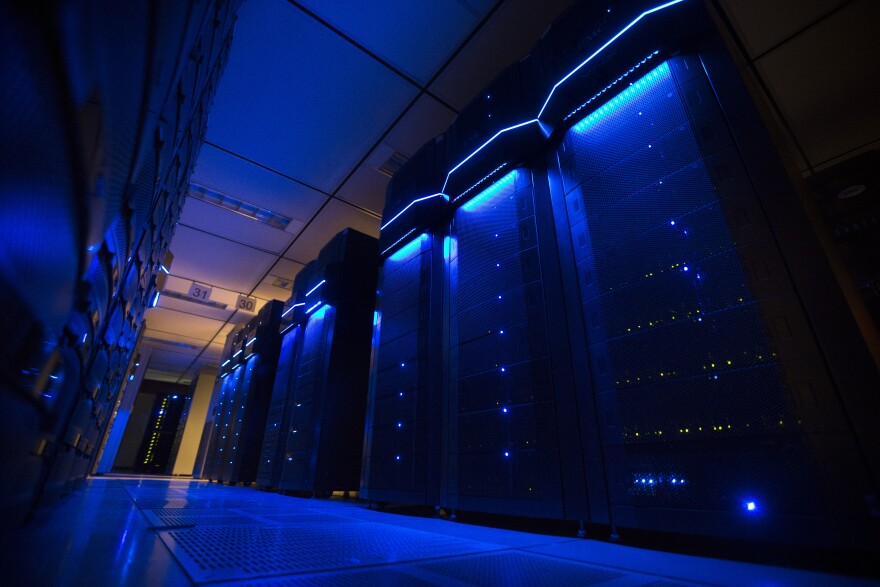As data center companies target Pennsylvania for new facilities, state lawmakers are deliberating on regulations that could shape the industry’s future. A proposal in the Pennsylvania House of Representatives, known as House Bill 1834, seeks to mandate that large data centers utilize 25% renewable energy and contribute to utility assistance programs. The bill also aims to empower the Public Utility Commission (PUC) to establish new regulations designed to protect ratepayers from potential price increases.
Data centers serve as critical hubs for powering various computing tasks, particularly those associated with resource-intensive technologies like artificial intelligence. During a recent hearing in Harrisburg, Rep. Elizabeth Fiedler (D-Philadelphia), chair of the House Energy Committee, emphasized the economic benefits of data centers, which include job creation and increased tax revenues. “We know at the same time from experts that they also demand massive amounts of energy, and we need to be sure that growth in this sector doesn’t come at the expense of families and small businesses back home, people who are already struggling with rising utility bills,” Fiedler stated.
The PUC’s chairman, Stephen DeFrank, highlighted the importance of accurately forecasting the energy needs of data centers, noting that energy prices often fluctuate based on demand peaks. “We have an iceberg coming towards us. We can’t steer away from the iceberg if we don’t know how big the iceberg is,” DeFrank remarked, indicating the critical nature of understanding future energy consumption.
According to projections from the regional electric grid operator, power demand in Pennsylvania is expected to increase significantly by 2030, largely due to the influx of “hyperscale” users like data centers. Still, uncertainty remains regarding whether all anticipated demand will materialize.
The Data Center Coalition‘s director of energy policy, Lucas Fykes, stressed the importance of collaboration between utilities and data centers to ensure accurate load forecasting. “There should be multiple points of contact throughout the process to make sure that — if those load forecasts need to be right-sized — both the customer and the utility are engaging and collaborating in that process,” Fykes said.
Cautioning against overregulation, Dan Diorio from the coalition argued that excessive rules could stifle the industry’s growth in Pennsylvania. “It’s important that policies are durable long term and they do not single out one industry or one end use,” Diorio noted. He added that growth in data center demand has the potential to generate significant new revenues for electric utilities, which could lead to lower rates for all customers.
DeFrank recommended that any legislation should not exclusively target data centers but rather address “large load users” more broadly. He indicated that the PUC is nearing the completion of a framework designed to assist utilities in connecting large load users, which he described as a model tariff that would be nonbinding. In contrast, HB 1834 would impose binding requirements across the state.
Highlighting Pennsylvania’s advantages, Amy Brinton from the Pennsylvania Chamber of Business and Industry stated that the state is well-equipped to host data centers. “Our vast natural gas supply, strong pipeline network, and existing generation capacity form a foundation few states can rival to ensure long-term economic growth and a resilient electric grid,” she explained. Brinton pointed to the potential revenue generation from data centers, particularly if they are established in underused areas, such as brownfields.
She cited data from Loudoun County, Virginia, where data centers occupy only 3% of the land but contribute 38% of the county’s tax revenue, amounting to $875 million. A study conducted by Virginia’s legislature found that data centers are currently covering their own costs, although it also warned that increased growth in the sector could lead to higher electric bills for all consumers. The report suggested creating a separate customer classification for data centers to address these concerns.
As Pennsylvania lawmakers continue to navigate the complexities of regulating data centers, the outcome of HB 1834 could significantly influence the future landscape of the industry in the state and its economic implications for residents.







